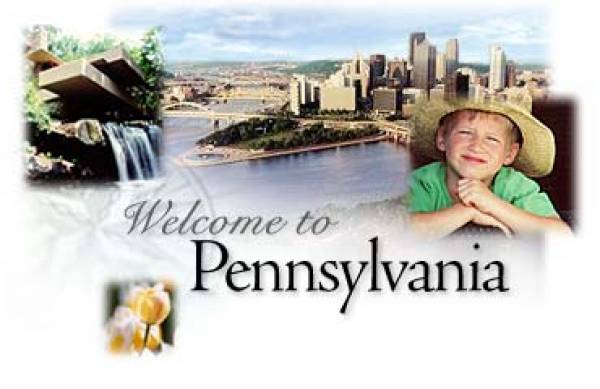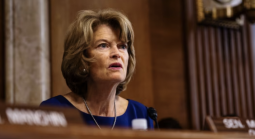Pennsylvania Regulators Face Fresh Boondoggle Scrutiny

In its latest misstep, the gambling control board is coming under fire for spending tens of thousands of dollars to send executives on trips to Rome and Las Vegas. The trips came after a ban on out-of-state travel by state employees by Democratic Governor Ed Rendell amid a severe budget shortfall.
Republican members of the Pennsylvania House of Representatives have seized on the latest dispute involving the state's embattled gambling regulator in a bid to harness support for a broad overhaul. The measures, which are being rolled out in a series of bills, would do everything from change how board members are appointed to bring in a traditional law enforcement agency to handle background checks on potential casino operators.
The push to revamp the gaming board comes after years of problems and mounting questions over the new regulator's ability to monitor the Keystone State's fast growing racino and casino industry.
The gaming board was launched to oversee Pennsylvania's fast-growing wagering business after slot machines were legalised in 2004. But the board has been dogged by allegations it failed to thoroughly vet would-be casino operators, granting licences to gambling operators with questionable backgrounds.
In the case that has caused the most embarrassment for the newly minted regulator, the board handed out a casino licedse to a local businessman, only to find out later that the allegedly lied about ties to organised crime leaders.
"I certainly look at this as just another glowing example of the mismanagement of this board,'' state Representative Michael Vereb, one of the Pennsylvania lawmakers pushing for an overhaul of the gaming control board, told GamblingCompliance. "The board operates like a sovereign nation.''
At issue is a trip to an international gaming conference late last year in Rome by four gaming control board members. The cost topped $27,000, including stays at $400-a-night hotels, charges at a hotel pool bar, frequent visits to an in-room mini-bar.
A spokesman for the gambling control board, after a local TV news station broke the story, argued the trip, despite the travel ban, had been granted special dispensation by the governor.
But some state lawmakers are sceptical, with Vereb questioning, even if the trip to Rome was necessary, why four board members and assorted staff members all needed to go to the conference. Vereb and other Republican lawmakers are now looking to harness public dissatisfaction with the gaming control board to advance their proposal for an overhaul.
A key part of the agenda is to strip the state Legislature of power to appoint board members, transferring it to the governor. The gaming board would be limited to five members, no more than three from a single party.
State lawmakers like Vereb are also pushing to have the state Attorney General's office take over the gaming board's investigative duties. This would produce more thorough vetting of potential gambling operators and prevent another DeNaples fiasco, they contend.
A local businessman, Louis DeNaples faces four counts of perjury on federal charges that include lying to the gaming board about his ties to organized crime bosses. He now faces the loss of his licence to operate his $400m gambling get-away in the Poconos, he Mount Airy Resort Casino. The board, in its vetting of applicants, also failed to turn up a past criminal conviction for a top Foxwoods executive.
House Republicans tried to push a similar proposal last year, but it failed to make it hrough the Democratic controlled Legislature. In a sign of progress, Senate Republicans have agreed to work closely with their House counterparts, Vereb said.
"We need to move the investigative unit out of there to the AG so the investigations can't be controlled by some politically appointed board,'' he argued.
Industry experts have also called for a revamp of Pennsylvania's embattled gambling regulator. But the criticism of the board's travel habits may be going overboard, argues Joe Kelly, a professor of business law at SUNY College Buffalo. Publicly employed regulators need to be mindful that their travel expenses may later come under public scrutiny, he said.
But such conferences can be invaluable, allowing regulators from around the world to swap notes on crucial issues such as the latest trends in money laundering or casino cheating.
"I think you would be hard pressed to explain why you didn't go,'' Kelly said.













